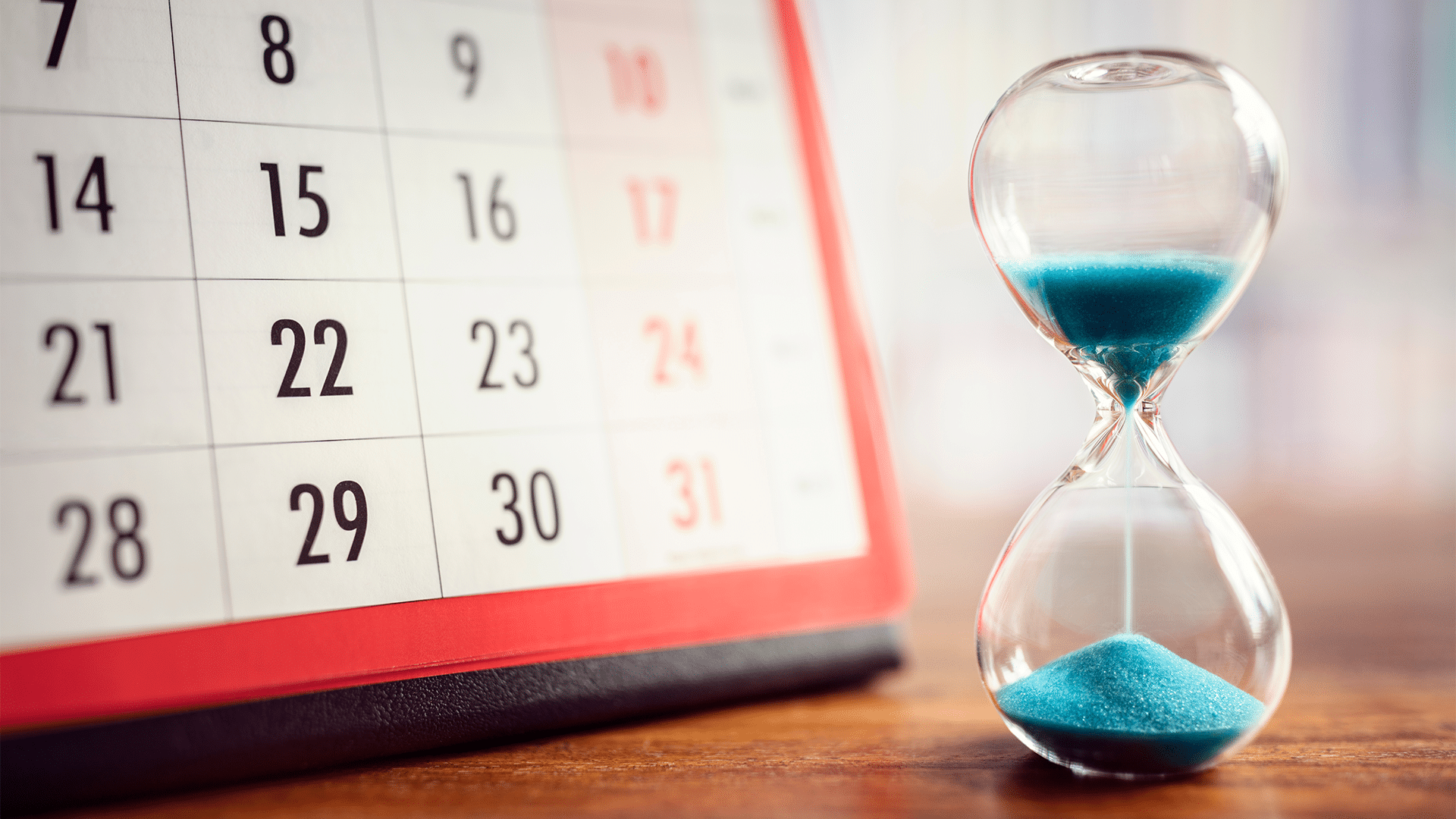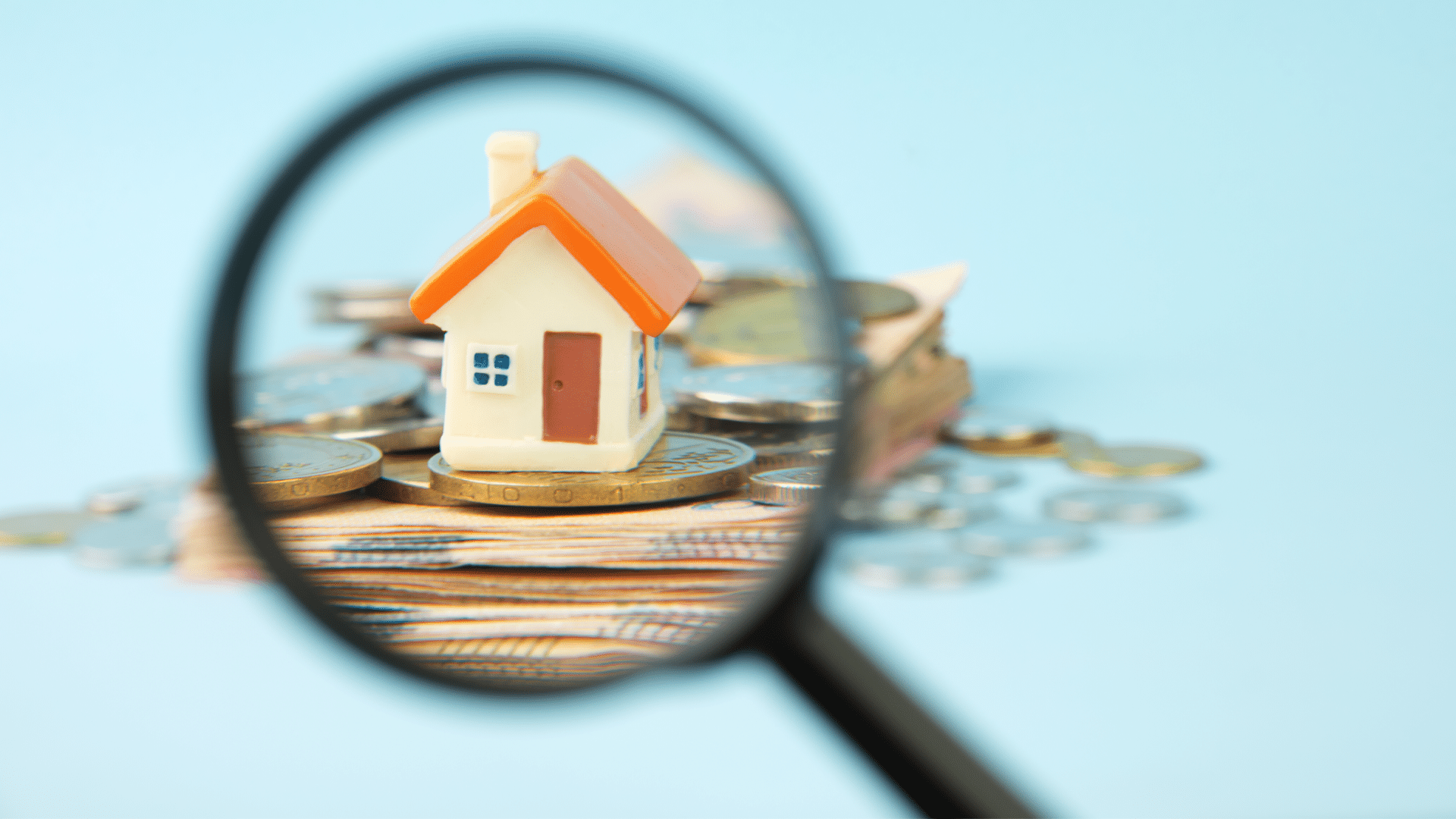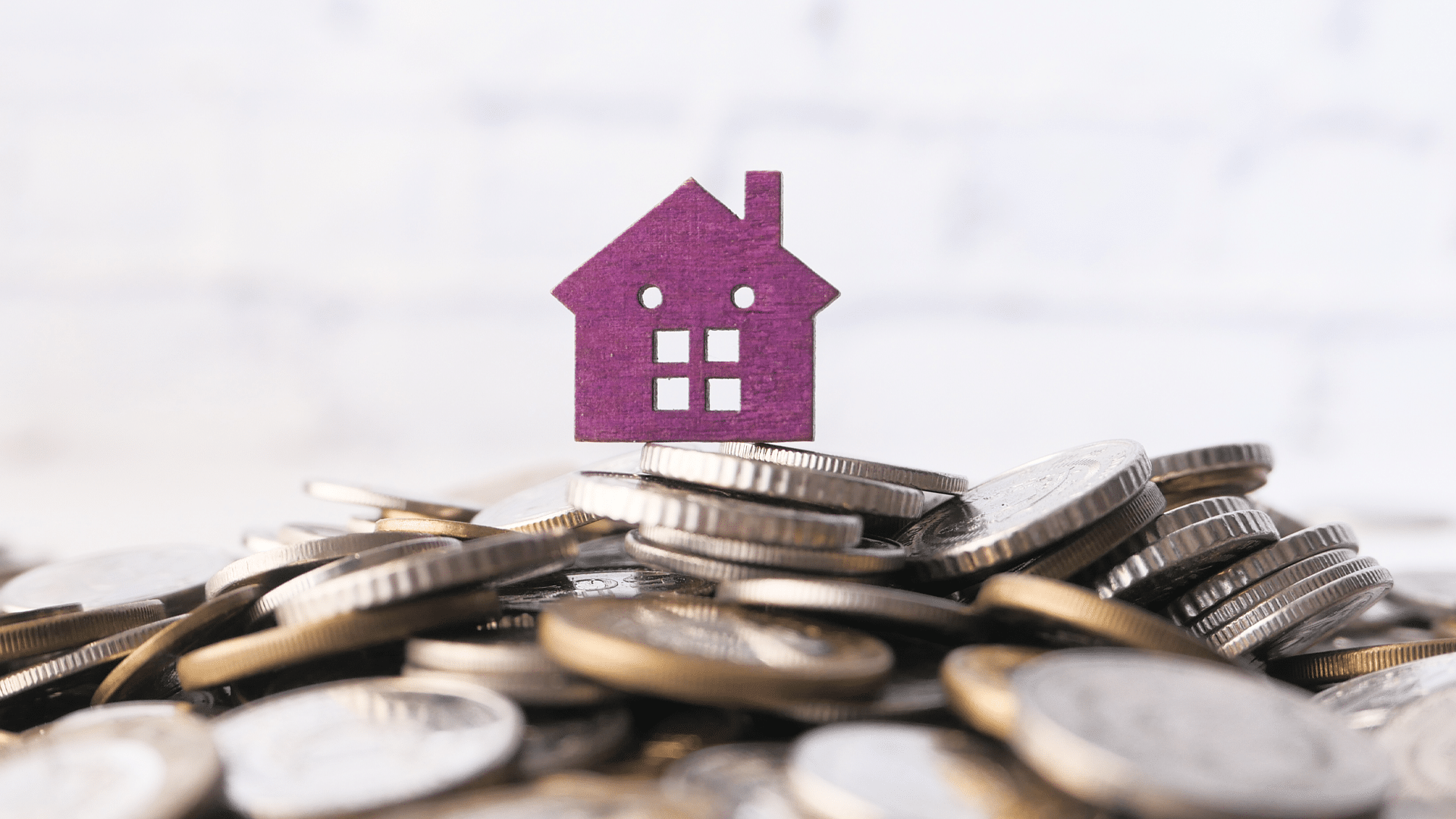Saving for a mortgage might feel like a big step, but with the right approach, it can be more manageable than you think. Whether you’re just getting started or already putting money aside each month, having a clear goal in mind can make a real difference.
If you’re planning to buy a home in Hull, knowing how much you need and how to build up your savings can help you feel more confident as you move forward. From setting a realistic target to finding ways to grow your deposit, there are practical steps you can take to get closer to your first home or next move.
In this article, we’ll break down the process of saving for a mortgage, share helpful tips, and look at how a little planning can go a long way.
Smart Ways to Start Saving for a Home in Hull
If you’re aiming to buy a home, the first step is setting a savings goal that feels achievable. For most people, this means building up a deposit, along with setting aside some money for the other costs involved in buying a property.
One of the best ways to get started is by putting together a budget. This helps you see where your money is going each month and where you might be able to save. Even small changes in your everyday spending can add up over time.
If you are a first time buyer in Hull, you might also consider opening a Lifetime ISA (LISA) if you’re eligible. This is a savings account designed to help first time buyers, where the government adds a 25% bonus to your savings, up to a certain limit each year. It’s a popular option for those who are still a few years away from buying.
It’s also a good idea to understand what other costs you might face on top of your deposit. These can include solicitor fees, valuation and survey costs, and potentially a mortgage arrangement fee, depending on the lender. Solicitor fees can vary, but they typically fall between £1500 to £2,000, depending on the property and legal work required.
Starting early, setting clear targets and making use of savings tools like the LISA can all make a big difference.
How much do I need to save for a mortgage?
When you’re planning to buy a home, the deposit is usually your biggest saving goal – but it’s not the only thing to think about. There are also a few other upfront costs that come with getting a mortgage and buying a property.
Things like solicitor fees, property surveys and potential arrangement fees can vary depending on the deal you choose and the type of home you’re buying. Planning ahead for these extras, alongside your deposit, can help things go more smoothly later on.
If you’re not quite sure how much to aim for overall, our mortgage advisors in Hull can help you break it down into something more manageable, based on your income, timeline and what kind of property you’re looking to buy.
How Much Deposit Do I Need for a Mortgage in Hull?
The deposit you’ll need depends on the value of the home you’re hoping to buy. Most lenders ask for a minimum of 5% of the property’s price.
So, if you’re looking at a home in Hull priced at £200,000, you’d usually need at least £10,000 saved to get started.
That figure is the starting point. Saving more, such as 10% or 15%, can give you access to better mortgage deals. A larger deposit often brings lower interest rates and more manageable monthly payments, which can make your mortgage feel more comfortable in the long run.
When planning your deposit, it’s also helpful to be aware of a few extra costs that come with buying a home. These may include solicitor fees, property surveys, and sometimes a mortgage arrangement fee, depending on the lender and the deal you choose.
Having a little extra set aside for these can help keep things running smoothly.
When should I start saving for a mortgage?
The sooner you can start saving for a mortgage, the better, especially if you are a first time buyer in Hull. Even if buying a home still feels a little way off, getting into the habit of saving now can make a big difference later. It gives you more time to build your deposit and reduces the pressure when you’re closer to making a move.
Saving early also gives you more flexibility. If you’re aiming for a higher deposit, an earlier start means you can spread your savings over a longer period, making each month more manageable. It also puts you in a stronger position if a great property comes up sooner than expected.
If you think you’ll be ready to buy in the next year, it can be helpful to speak with our mortgage advisors in Hull early on. They can give you a better idea of what kind of deposit you’ll need based on local property prices and the types of mortgage deals that may suit your situation.
Saving for a mortgage over 50 in Hull?
If you’re looking for a mortgage over 50 in Hull, you’re not alone. It’s completely normal to get a standard residential mortgage at this age, especially if you have a strong financial profile or a good deposit saved.
In fact, many people in their 50s and beyond are moving home, downsizing, or re-entering the market after a change in circumstances. Whether you’re starting fresh or building on existing equity, saving for a deposit works in much the same way. The main difference is that lenders may look at your retirement plans and income a little more closely.
Saving a larger deposit can make things easier, as it can improve your access to deals with lower interest rates and shorter terms.
If you’re over 50 and wondering what’s possible, our team can help you understand your options and find something that suits your goals.
Date Last Edited: 05/22/2025














